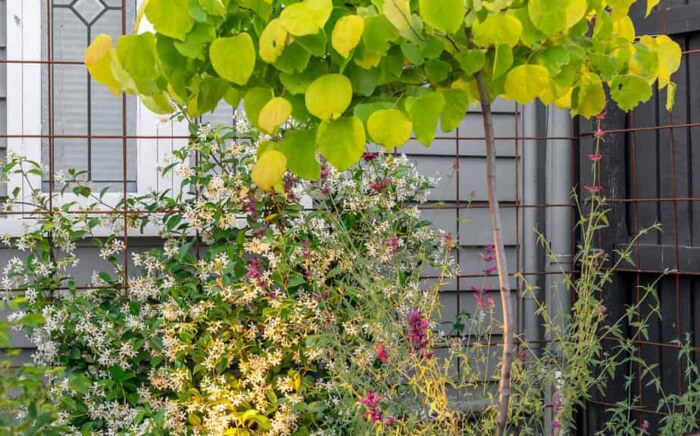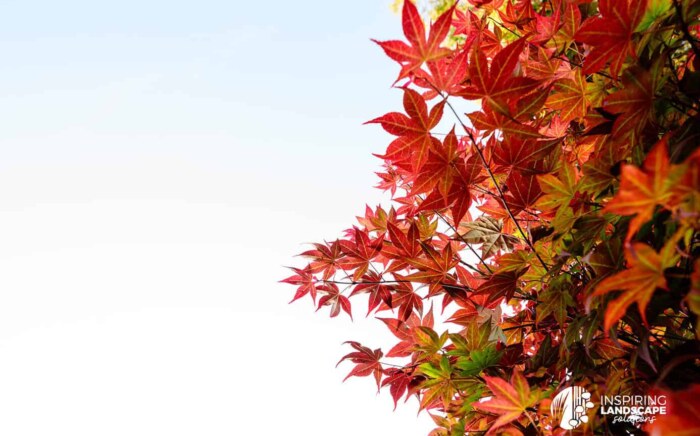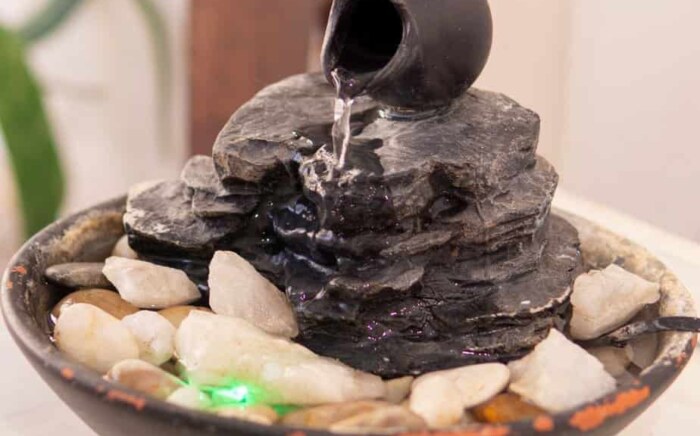Australia is home to diverse native plants, from the hardy and drought-tolerant wattles to the fragrant bush flowers (my favourite). To ensure that these natives thrive for years to come, choosing the right soil profile for planting them is essential. When it comes to the long-term health of your native plants, the most important thing is soil preparation and maintenance.
We all know how much joy we get out of our gardens, mainly when they bloom is why it’s so important to get things right from the beginning and that includes making sure we’re using suitable soil. Depending on what you have growing in your garden, you may need a variety of soil.
Here are some tips for finding the best soil profiles for planting Australian natives:
pH Level Of The Soil

Consider the soil pH. Most native plants prefer soil with a slightly acidic pH between 5 and 6.5, but there are some species that can tolerate slightly alkaline soil.
If you’re unsure, it’s best to test the pH of your soil before planting.
If you need to adjust the levels, this can be achieved by adding organic matter such as compost or leaf mould.
Choose The Right Soil Texture
Texture refers to how coarse or fine the particles in the soil are. Different plant species have different preferences when it comes to texture; for example, some species prefer a sandy soil while other plants are better suited to heavier clay soils.
It is important to identify the right texture for the species you intend to grow in order to ensure that they can access essential nutrients and water.


Different Types Of Soil To Use For Your Natives
In Australia, many different types of soil can be used to grow native plants. The most common type is sandy loam, which is composed mainly of sand and silt particles with some clay mixed in.
It is also the best option for growing Australian natives, providing good drainage and aeration for their roots. Sandy loam soils have a neutral pH, which makes them ideal for growing most native plants.
However, sandy loam can be too dry for some types of Australian natives and may need to be amended with additional organic material such as compost or animal manure. Clayey soils are best avoided for most natives as they tend to retain too much water and can lead to root rot.
Stony soils are also not ideal for growing native plants as their hard surfaces prevent water and nutrients from entering the soil profile.
Peat soils can be used for Australian natives but they tend to hold too much moisture and can lead to poor drainage and difficult root growth.
Organic soils, such as compost, are ideal for Australian natives as they are full of nutrients and provide an excellent environment for root growth. They also tend to retain moisture well, which is vital in Australia’s hot climate.
Overall, sandy loam soils are the most popular choice when it comes to growing Australian native plants. However, if you want to grow natives in other types of soil, it’s essential to amend them with additional organic matter and ensure that they are well drained.
Drainage
Good drainage is necessary for healthy growth. The ideal soil should not stay overly saturated after heavy rain, nor should it become bone-dry during extended periods without rainfall.
Make sure you provide sufficient water for your plants during periods of drought or high temperatures.
Australian native plants generally prefer well-draining soils that are rich in organic matter like compost or aged manure.
Sandy and clay soils should be amended with plenty of organic material to improve drainage and water retention. If your soil is poorly drained you may need to raise the planting area above the poor draining areas by up to 15 cm (6 inches).


Choose Proper Nutrition
Most Australian natives prefer soil that is rich in nutrients. Compost, aged manure, and organic fertilisers are all great ways to provide the necessary nutrition for your plants.
Organic matter is essential for healthy growth and nutrient uptake. Organic matter acts like a sponge, providing both nutrients and moisture to plants in an easily accessible form.
Adding compost or other organic materials to the soil can help improve the water-holding capacity, as well as boost microbial life in the soil.
Mineral Levels
Mineral levels must be taken into account when selecting a soil profile for Australian natives.
Natives require certain trace elements such as iron and magnesium for strong root development and healthy foliage production; adding fertilisers specifically designed to meet their requirements can benefit native plants greatly over time.


Mulch
Another key element for long-term health of native plants is mulching. Mulch helps keep moisture in the soil and protects roots from extreme temperatures by providing insulation.
There are many different types of mulch available; however, it’s best to avoid using any type which contains herbicides or other chemicals as these can harm the health of your native plants over time.
Why We Need To Use Compost
Compost is an essential part of any native garden, as it provides essential nutrients that plants need to thrive.
It also helps to improve soil structure, which allows water and air to reach the roots of plants more efficiently.
Organic matter is one of the most important components in preparing the ground for planting Australian natives.
It can help to improve soil structure, increase water and nutrient availability, and provide essential food sources for microorganisms that aid in plant growth.
Adding compost can improve the tilth of clay soils and help sandy soils retain moisture better. Compost helps break up clay soils, making them easier to work with when planting.
Similarly, it can be added to sandy soils to improve water retention and boost fertility.
Adding organic matter back into the soil helps to restore natural balance and encourages earthworms, which help to aerate the soil.
Using compost when preparing the ground for Australian natives not only provides essential nutrients for the plants but also helps to create a more resilient soil environment.
With proper preparation and care, planting Australian natives can be a rewarding experience that contributes to the health of our local ecosystems.


What Type of Compost Is Best For Native Plants?
You should also consider whether you need an organic or inorganic compost – organic is often more beneficial for native plants, as it is less likely to contain artificial fertilisers and other chemicals.
It’s important to consider the texture of the compost you use. A sandy loam type of compost – one with a mix of sand, silt and clay particles in it – is often ideal for providing drainage for these types of plants.
Additionally, look for composts that are specifically designed to encourage the growth of beneficial microorganisms. These will help break down organic matter and provide more nutrition to your plants.
Pests and Disease
It’s important to protect your plants from pests and disease. While some native plants are more resilient than others, all of them can be susceptible to certain insect or fungal infestations.
If you notice any signs of trouble, take steps to control the pest population before it gets out of hand.


Maintenance
Regular maintenance is also key; pruning dead branches or leaves as needed will help maintain a healthy appearance while encouraging further growth.
With proper care and maintenance, native plants can be a beautiful addition to any garden or landscaping project.
By taking the time to select a soil profile that meets all of these requirements, you can ensure that your Australian natives get off to a great start.
Armed with the right information and tools, you’ll be well on your way to creating a thriving Australian native garden that will last for years to come!
Hungry for more information?! Here are a couple of blog posts that you might fancy:
Growing Australian Native Plants
Choosing Plants For Your Garden
Here are some previous projects that you might like to have a look at:
If you need further suggestions, design or plantscaping for both indoors and outdoors, please contact us for an onsite 90 minute consultation.
Refer to our packages for further detail on how we can help you in the consults and subsequently throughout your garden implementation process.
Our passion your garden! xx



